
The Composition of Beans
Beans contain 55.7% of carbohydrate, 22% of protein, 1.5% of fat and 7.3 % of fibers. They also contain vitamin B, mostly B1, B2, B6, vitamin C, and carotenes. Beans are the rich in potassium and have a low sodium level. Also, the content of calcium and iron is very important. There are many types of beans and they all have a high energy value, because they contain plenty of carbohydrates and protein. Energy value of 100g of bean is 1402kj or 335kcal.Beans Lower Cholesterol
It is believed that foods such as beans, which contain a high percentage of soluble fiber, have the power to reduce the cholesterol absorption from food. It is particularly important that beans decrease LDL cholesterol or so-called bad cholesterol. LDL cholesterol makes the hazardous material deposits in blood vessels. Beating bad cholesterol assumes intake of at least 6 g soluble fiber per day. Only half a cup of cooked beans contains 2.2 to 2.4 g of soluble fiber.Beans and Stroke
Eating beans several times a week significantly contributes to preventing stroke. In addition to lowering cholesterol and keeping blood vessels, it also contains plenty of calcium. It is believed that 400 mg of calcium per day nearly halves the risk of stroke. Half cup of cooked beans contains 613mg of this important mineral.Beans and Diabetes
By eating beans it is possible to avoid diabetes type 2. If diabetes already exists, beans shouldn’t be avoided because they contain a significant amount of soluble fiber. They are dissolved in the intestine and converted into gel that slows down the absorption of sugar from food, thus preventing its dangerous increase in the blood.Protection of the Stomach and Bile
Cooked beans, especially black and red, can neutralize stomach acid and thereby reduce the symptoms of ulcer and indigestion (dyspepsia). More beans in the diet prevent the development of the bile stones.Women and Beans
By its content of calcium, beans fight against osteoporosis, a disease that mostly affects women in menopause. Beans may prevent breast cancer, because they contain phytoestrogens, which participate in blocking estrogen that affects the emergence and development of this very widespread disease. They also contain several anticancer substances, including protease inhibitors and phytates.Beans contain folic acid, which protect babies from congenital disorders in the development of the nervous system
Other Health Benefits of Beans
Beans consumption is associated with lower possibility from colon cancer, possibly because they collect the toxins in the intestines.Several types of dark beans have more anticancer effects comparing with the white and yellow beans. This property comes from the higher content of antioxidants in dark beans than in the white beans.
Beans impact on reducing blood pressure due to a favorable relation between potassium and sodium. They are one of the few foods that contain more potassium than sodium, thus act as a diuretic removing fluid and reducing blood pressure.
They also reduce the risk of myocardial infarction.
It is interesting that beans can help with quitting smoking. It increases the alkalinity in the body that affects the longer circulation of nicotine through the body reducing the need for it.
Side Effects
Beans are the major cause of gas, flatulence and abdominal cramps in many people. For most people it depends on the amount of eaten beans and ways of its consumption. If beans immerse in the water in the evening, and cook the next day, with changing water at least three times, and put a little garlic and ginger, gases are significantly reduced.It worsens diarrhea so then should be avoided.


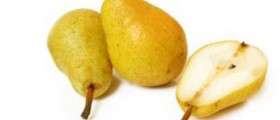
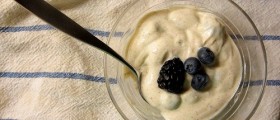



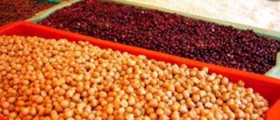
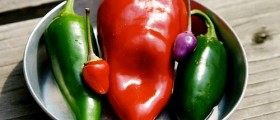
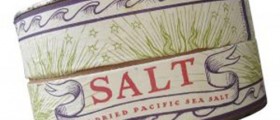
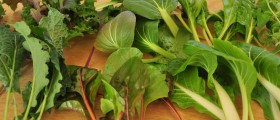

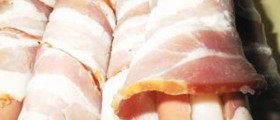



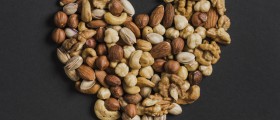
Your thoughts on this
Loading...